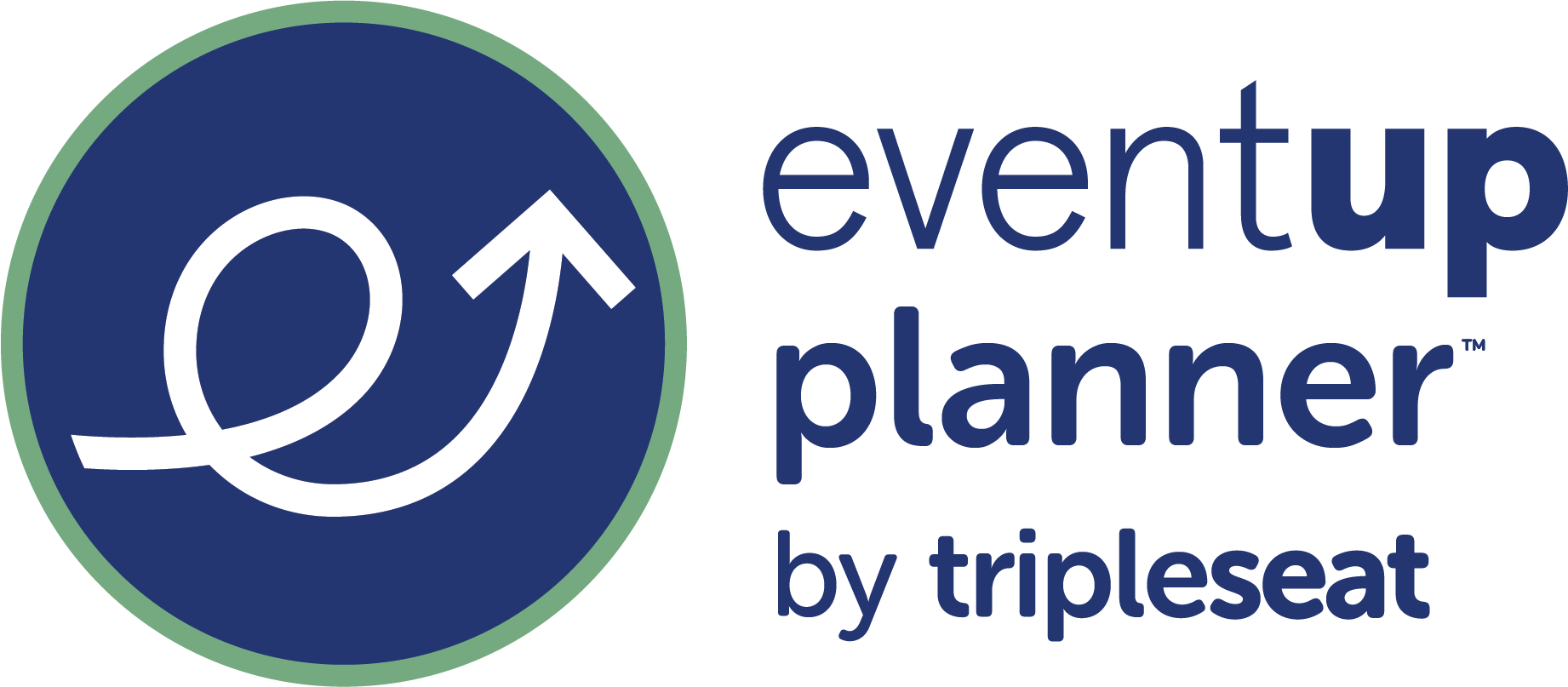Board meetings are vital for organizational success. However, planning successful internal meetings can be challenging when juggling attendee coordination, agenda building, venue selection, and more.
Plus, the traditional format for board meetings just doesn’t cut it anymore! No one wants to attend a boring meeting that lacks focus and doesn’t foster meaningful dialogue.
For forward-thinking companies, board meetings need to stimulate innovation and smart decision-making. Well-planned board meetings create value by aligning key stakeholders, analyzing important issues, and setting the strategic vision for your organization.
Keep reading to learn about best practices for planning effective board meetings. 👀
And remember, with EventUp Planner’s powerful all-in-one platform, you can save valuable time, reduce planning stress, and run strategic board meetings that deliver meaningful business results!
Planning Board Meetings: Best Practices
Planning strategic board meetings that drive decision-making is an accomplishment to be proud of. With the right approach and tools, any meeting planner can plan and execute a productive session that delivers immense organizational value.
Follow these proven best practices to set yourself up for success:
Define clear objectives and focus areas
Having a clear purpose is essential for effective board meetings.
First, set a strategic focus by collaborating with leadership to pinpoint key issues and objectives for the meeting agenda. Prioritize 2-3 key topics that deserve substantive discussion and dialogue. This purposeful framework keeps everyone engaged and prevents the meeting from getting derailed.
Determine the ideal meeting format
Once you’ve identified key objectives, decide on the ideal format for the board meeting — whether in-person, virtual, or hybrid.
Choosing the right format for your meeting encourages maximum engagement and collaboration. Each format has unique advantages. For instance, in-person allows for richer in-room discussions, while virtual enables broad participation regardless of attendees’ location. Hybrid gives you the best of both worlds.
Schedule board meetings well in advance
Give board members as much advance notice as possible. Their calendars fill quickly, so scheduling meetings 6-12 months out boosts attendance from key players. Last-minute meetings risk low turnout and postponement.
With EventUp Planner’s scheduling tools, you can check availability and lock in optimal dates from the start when calendars are open!
| CHECK OUT: 3 Reasons Board Members Should Be Involved In Events |
Prepare comprehensive board books/materials
To promote productive discussions, board members need access to relevant information and reports in advance. The better the prep materials, the better the discussion!
A board book is a collection of reports, presentations, and materials that helps board members prepare for the discussion. This should follow a standard format so that participants know what to expect at each meeting.
But a board book doesn’t have to be a physical document. EventUp Planner has customizable digital templates that make distribution a breeze so that board members can prepare well in advance.
Allocate sufficient time for the most important topics
While board meetings cover important operational issues, the focus should be on strategic discussions that drive value.
Build in enough agenda time for each key topic — 30-60 minutes per topic is recommended. Having ample time for back-and-forth dialogue ensures issues are discussed thoroughly, which ultimately leads to better decision making.
Must-Have Software Features to Run Better Board Meetings
EventUp Planner’s comprehensive platform empowers you with key features to elevate your organization’s most important board meetings:
👨💻 Hybrid or virtual meeting capabilities
Modern board members are increasingly distributed, making virtual or hybrid meeting components essential.
With EventUp Planner, you can seamlessly accommodate both in-person and remote participants through robust hybrid capabilities. Leverage our virtual event tools to live-stream discussions or make sessions available on-demand with full engagement features like polls, Q&A, and more!
This hybrid flexibility ensures your entire board can actively take part from anywhere in the world.
📆 Scheduling tools for a comprehensive, accessible agenda
An easy-to-understand agenda is the backbone of strategic board meetings.
EventUp Planner’s intuitive schedule management tools allow you to effortlessly build out your full program. Simply drag and drop sessions, speakers, rooms, and other elements using the visual scheduling interface. You’ll get alerts for any overlaps to avoid double-bookings.
Once your agenda is set, publish it instantly to your branded event website, with all updates syncing automatically in real-time. Attendees can explore the full schedule, sessions, and other important event details through an accessible digital experience.
📧 Clonable, easy-to-build communication workflows
Successful board meetings rely on ongoing communication and collaboration amongst participants before, during, and after the meeting. EventUp Planner simplifies this process every step of the way with:
- Centralized agenda templates get everyone prepped and on the same page
- Pre-meeting workflows including invitations, reminders, and document sharing
- Post-meeting workflows to share insights, assign action items, and drive accountability
- The ability to easily clone previous meeting assets and communication flows so you’re not reinventing the wheel
Streamlined communication means you’re maximizing the information being shared during strategic board meetings, which leads to greater alignment and productivity.
| READ MORE: 10 Free Event Planning Email Templates You Need |
Meetings Made Easier: The Power of Meeting Planning Software
Our purpose-built platform creates the ideal command center for planning board meetings. This includes numerous benefits to you, the amazing planner behind it all:
✅ Save hours of time with centralized event scheduling, communication, and management capabilities
✅ Reduce planning stress and headaches with automated tools that catch conflicts
✅ Deliver engaging, interactive meeting experiences that ‘wow’ stakeholders
✅ Provide a professional, on-brand experience across virtual and in-person components
With EventUp Planner handling all the heavy lifting, you can focus on strategic priorities instead of time-consuming manual processes.
| GO DEEPER: How to Bring Event Costs Down Using Corporate Meeting Planning Software |
Plan Better Strategic Board Meetings with EventUp Planner
Planning effective board meetings that drive strategic impact is no easy feat.
Between coordinating attendees, building agendas, and juggling logistics, planning these important events is a big undertaking. But you don’t have to do it alone!
EventUp Planner’s all-in-one platform streamlines the entire planning process from start to finish so that you can focus on creating the best possible board meeting.
See how our intuitive tools can transform your approach — book a demo today!
Let's Talk!
- For all meeting and event types
- For all event sizes
- For all functional teams
- For all use cases


